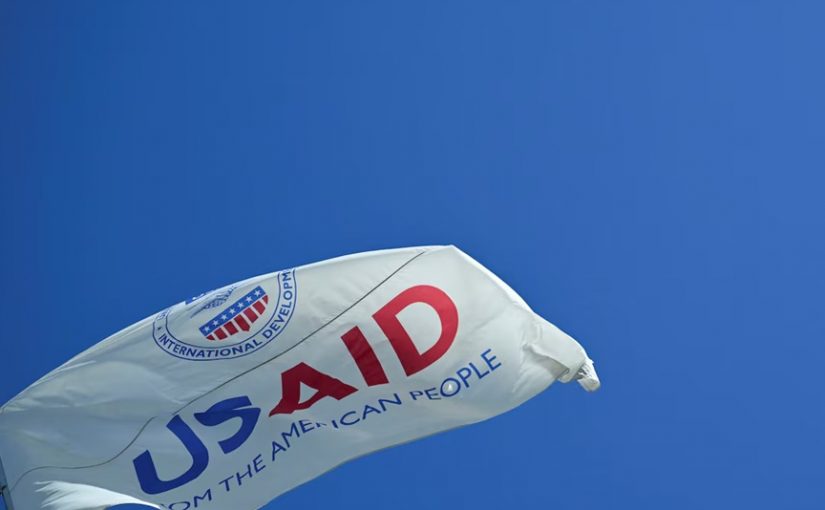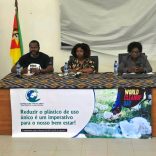Industrial development in focus: President of the Republic of Mozambique visits Beluluane ...
Mozambique: USAID accounted for 3% of GDP, its suspension increased foreign exchange scarcity – Fitch

File photo: Reuters
According to Fitch Ratings, the suspension of USAID support to Mozambique, which represented the equivalent to 3% of Mozambique’s GDP, also impacted the country’s foreign currency supply situation.
“Foreign currency [FX] scarcity has increased in 2025, partly due to a decline in external disbursements to the government and the suspension of USAID (USD586 million in 2024, equivalent to 3% of GDP),” Fitch writes in its most recent rating assessment for the country.
The new US administration, led by Donald Trump, suspended the activities of the United States Agency for International Development (USAID) earlier this year. Founded in 1961 to provide international humanitarian assistance, the agency has provided significant funding for healthcare in Mozambique. The agency’s permanent closure was announced on July 1st.
At least 2,500 jobs were lost in Mozambique due to the cut in USAID support, according to July data from the Mozambican government, which admitted it was “a problem” for the economy.
“The last meeting I had with the group created by organizations that benefited from the funding spoke of around 2,500 jobs [lost],” Minister of Labour, Gender, and Social Action, Ivete Alane, said recently, noting that there was no “official estimate”.
In its August assessment, which affirms Mozambique’s CCC rating assigned in February – the last level before Financial Default – Fitch also admits that “the increase in April of the share of mandatory conversion of export receipts to local currency (to 50% from 30%)” will “ease some of the foreign exchange scarcity”, as will the new program expected with the International Monetary Fund (IMF) by the end of the year.
Fitch also assesses Mozambique’s reserves as “stable”, but says “risks persist”. It forecasts that Mozambique’s international reserves will “remain broadly stable” in 2025, at US$3.5 billion.
The Bank of Mozambique is adopting measures to increase “fluidity” in the foreign exchange market, attempting to redistribute the volume of available foreign exchange, Governor Rogério Zandamela said on July 31.
“These measures are nothing more than adjusting resources from here, taking them from here, putting them elsewhere, and better monitoring them,” the governor said at a press conference in Maputo, following the Monetary Policy Committee (CPMO) meeting, which takes place every two months.
“An increase in fluidity in the foreign exchange market is expected. To boost sales to the public, the Bank of Mozambique recently reduced the daily retention limits for foreign exchange acquired by banks. This measure complements the decision to increase the minimum conversion rate for export revenues from 30% to 50%, which implies greater availability and access to foreign exchange,” the governor added.
Responding to journalists regarding business owners’ concerns about the lack of access to foreign exchange, particularly to guarantee imports, Zandamela admitted that “there was a need to adjust certain liquidity segments”.
“I repeat, this is very important. One thing is the aggregate distribution of liquidity, whether it exists as a whole in our system, and another is whether it is adequately distributed among the various segments of the country: among exporters, importers and investors,” he explained.
The Confederation of Economic Associations (CTA) of Mozambique, the country’s largest business association, warned on February 18 that the lack of foreign exchange in the banks’ markets was affecting operations, especially in the healthcare, aviation, fuel, and food import sectors.












Leave a Reply
Be the First to Comment!
You must be logged in to post a comment.
You must be logged in to post a comment.